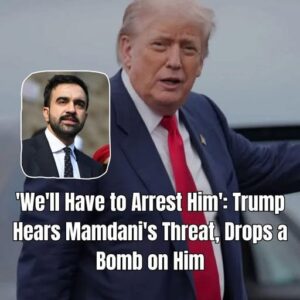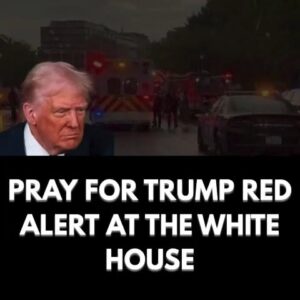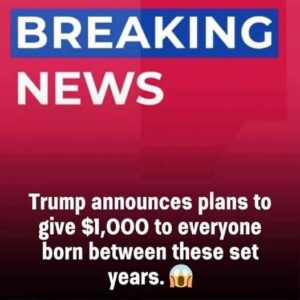President Trump recently signed several executive orders, marking a significant shift in policy direction. Among these, he directed the Treasury and Commerce Departments to establish a sovereign wealth fund aimed at bolstering government investments. This fund could potentially finance acquisitions, including platforms like TikTok, as part of a broader strategy to enhance national economic interests. Additionally, in January 2025, he launched a sweeping deregulation effort, mandating federal agencies to eliminate ten existing regulations for every new rule introduced, a move designed to reduce bureaucratic red tape.
His administration also took bold steps to reverse previous environmental and immigration policies. Trump formally withdrew the United States from the Paris Climate Agreement, citing economic concerns, and lifted restrictions on single-use plastics, drawing criticism from environmental groups. In a more controversial move, he signed an order to end birthright citizenship, a decision that ignited legal debates and challenges over its constitutionality. These actions underscored his commitment to prioritizing national sovereignty and deregulation.
On his inauguration day, Trump further stirred controversy by issuing pardons for individuals involved in the January 6 Capitol riot. This decision was met with mixed reactions, with supporters viewing it as a corrective measure for perceived injustices, while critics saw it as undermining accountability. Collectively, these executive orders reflect his administration’s focus on rolling back previous policies, reducing government oversight, and asserting a more nationalist agenda.
Despite speculation, there is no evidence to support claims that Trump issued a decree to “buy everything.” While the sovereign wealth fund proposal suggests a more interventionist approach to economic policy, its scope remains defined and targeted. These executive actions highlight Trump’s enduring emphasis on deregulation, national sovereignty, and a willingness to challenge established norms, even as they spark legal and political debates.





